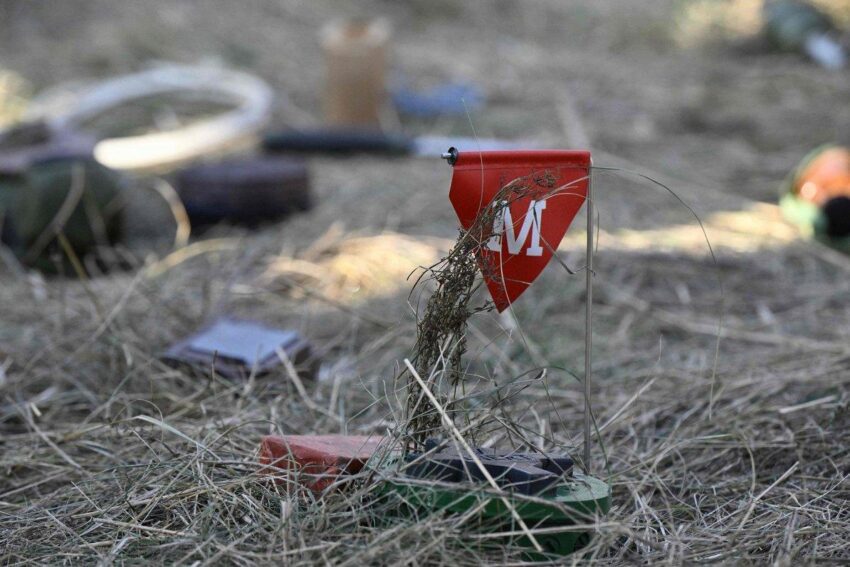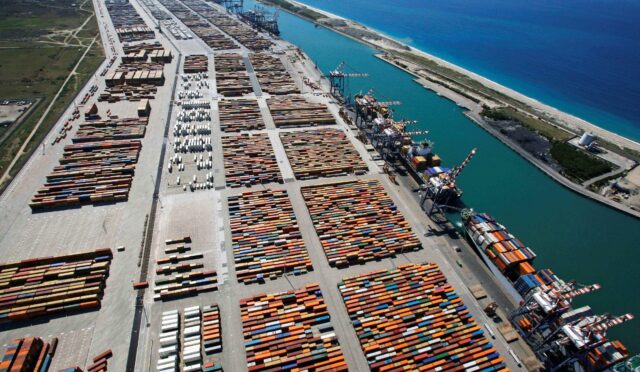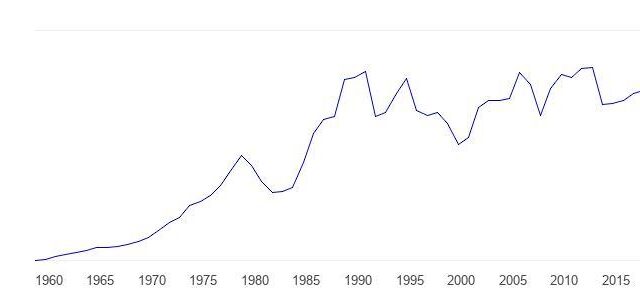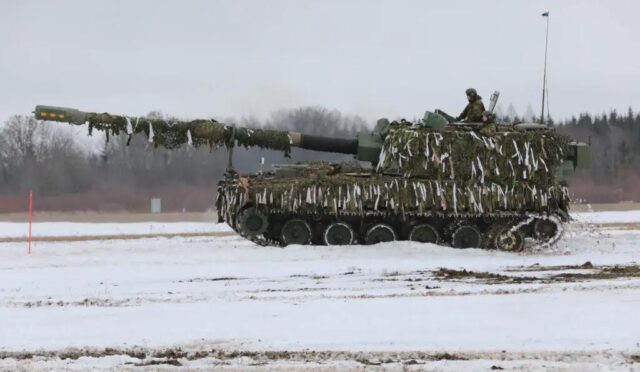Latvia Withdraws from Anti-Personnel Mines Treaty for Enhanced Security
In a pivotal move, Latvian lawmakers voted on Wednesday to withdraw from the Ottawa Convention, a treaty that bans anti-personnel mines. This decision comes as Latvia, sharing a border with Russia, seeks to strengthen its security in light of the ongoing war in Ukraine. As a member of both the European Union and NATO, Latvia, along with its regional counterparts, has ramped up defense spending and military training since Russia’s invasion of Ukraine in 2022, which has heightened concerns that they could be the next target.
Inara Murniece, the chair of the parliament’s foreign affairs committee, articulated the rationale behind this withdrawal, stating, “Withdrawing from the Ottawa Convention will provide our armed forces with the flexibility to utilize all available means to defend our citizens in the event of a military threat.” The lawmakers’ decision passed with strong support, and the formal exit from the treaty will take effect six months following Latvia’s notification to the United Nations.
Context of International Treaties and Signatories
The Ottawa Convention has garnered more than 160 signatories, including Ukraine, but notably excludes major powers like the United States and Russia. The treaty is designed to prohibit the acquisition, production, stockpiling, and use of anti-personnel mines, which are hidden away and can inflict serious harm on individuals long after conflicts have ceased. Humanitarian organizations stress the long-term dangers these mines pose to civilians.
Recently, Latvia joined forces with the other Baltic states—Estonia and Lithuania—as well as Poland, in announcing their collective plans to withdraw from the Ottawa Convention. Their defense ministers issued a statement articulating that amidst the volatile security landscape shaped by Russian aggression, it is imperative to explore every available option to bolster their defense capabilities.
Commitment to Humanitarian Law Amidst Changes
While these countries have taken the significant step of withdrawing from the Ottawa Convention, they reaffirmed their commitment to uphold international humanitarian law, especially concerning the protection of civilians during armed conflicts. Finland also declared its intention to exit the treaty this month, prompting the International Committee of the Red Cross to label these withdrawals as a “dangerous setback” for civilian protection efforts in war zones.
Statistical data illustrates the impact of the Ottawa Convention: the number of casualties from landmines dropped from 25,000 to fewer than 5,800 from the treaty’s inception to 2023, and millions of these mines have been eliminated globally, according to findings by the Landmine Monitor group.
Public Support for the Withdrawal
Latvian analyst Maris Andzans assessed the public’s response to the withdrawal, noting widespread societal backing for the decision. He pointed out that there has not been much debate surrounding humanitarian concerns, as discussions largely centered on the necessity of mine deployment should there be credible threats of a Russian assault.
Andzans, who is the director of the Center for Geopolitical Studies based in Riga, emphasized that the prevailing sentiment among the populace aligns with national security priorities. The focus on potential threats from Russia has overshadowed considerations regarding the humanitarian implications of such military strategies.
Regional Developments in Treaty Withdrawals
Latvia stands as the first of five nations to exit the Ottawa Convention, marking a significant shift in regional policy. Similarly, last month, Lithuania withdrew from a different treaty that banned cluster munitions, also citing security apprehensions concerning Russia. This move has drawn criticism from various human rights groups.
The sequence of these withdrawals raises important questions about the evolving security dynamics in Eastern Europe and the implications for international law regarding the use of landmines and other ordnance. As these nations navigate their defense strategies amidst growing tensions, the balance between national security and humanitarian responsibilities continues to be a critical discourse.







